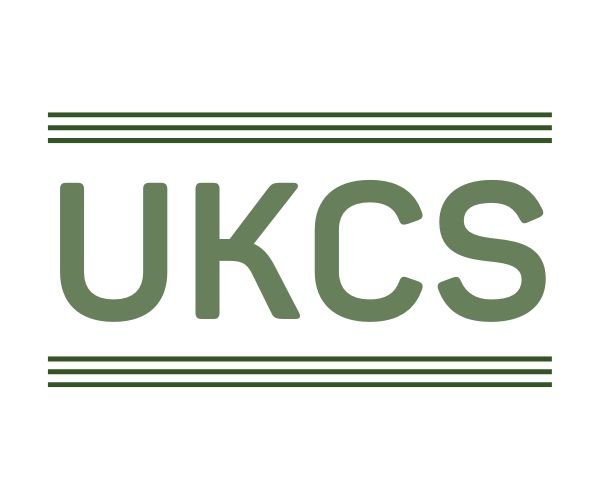The victory that makes champions of us all!

In West London the formerly out-of-form Eden Hazard dips his shoulder and runs past several Spurs players, then passes the ball between the legs of another to reach Diego Costa.With a clever turn, Costa cruises past his marker and then passes back to Hazard who replicates last year’s PFA Player of the Year form to launch an exquisite shot that curls into the top corner of the Tottenham net.Goal of the season?It must have felt like that 90 miles away as the city of Leicester erupted in celebration, seeing its team claim the first ever top division title in its 132-year history.Many call their survival in the Premier League last year and their 5000-1 rise to claim the top trophy a “fairy tale”. But this is no ordinary rags-to-riches story - and not just because the entire Leicester City squad cost less than half of the transfer fees commanded by some of the world’s most expensive players. Nor because their meek and mighty manager, Claudio Ranieri, succeeded without grumpiness, mind games, or referee baiting.It’s different because the players are aided and abetted by a squad of Thai Buddhist monks who have added “a divine element to the team’s play”, according to The Daily Telegraph.Did it work? Maybe. Maybe not. After all, the monks have been coming to Leicester since the club’s Thai owner Vichai Srivaddhanaprabha took over in 2010. But the club has only just chalked up its first ever Premier League title!Seriously, though, what a remarkable journey - one that has recruited many of us as honorary Leicester fans, at least for this season.It has to be said though that the very idea of praying for victory does seem to annoy some people. It has a way of riling those who dispute the existence of God and the viability of spiritual means as a practical aid. Even if you do accept God’s existence, why would He favour one person’s prayers over another? And if athletes give thanks when they win, what does it mean when they lose? Have they fallen out of favour with the Divine?As a whole-hearted believer in the power of prayer I am, nevertheless, with the atheists on this one.Who wants a God who plays favourites amongst His children?My perspective - and, I’d have to say, my experience - is that prayer can be a power for good in our lives. It's just that I’ve never seen prayer as a means to persuade God to give me anything material, let alone some prized good gained at the expense of others. If praying for football victories or, indeed, any other material goal (pun intended!) is able to yield results, then we’re left with an anthropomorphic God whose intercession is based on the merits of our prayerful requests.“Praying” for such self-preferential treatment is the very opposite of what I see as being the meek, open-hearted prayer that seeks to understand God's impartial and unconditional love, and to be changed for the better by it.So does that mean prayer cannot help us to victory?No. Simply put, if prayer helps us perform to the best of our ability, doing so might well help us get better results in certain instances. But these results are not what we pray for.That, the Telegraph learned, is also how the Buddhist monks see it.“This is not about magic. We can only offer spiritual support. We believe that helps the players with their good health, with avoiding injuries, with their focus. But they must still perform well,” said lead monk, Assistant Abbot Phra Prommangkalachan.So, no divine cheating, no outlining the result and no cursing the opponents. Just a spiritual approach to helping players keep healthy and do their best.But what about the expectancy that spirituality can benefit sportsmen and sportswomen by helping to sustain their fitness and reduce injury? Doesn’t that suggest someone's praying for a particular outcome?Of course, some might be trying to do that when they pray for health and healing. But there isn’t a one-size-fits-all definition of prayer. People’s idea of healing prayer can vary from blind faith in a capricious God who just might heal to positive thinking that thinks optimism alone can do it. Or it might simply be seen as an added ingredient to medical care that comforts thought while drugs or surgery address the body.But the definition that resonates with me has nothing to do with pleading for a hoped-for outcome or trying to fix something seen as broken. Prayer for me is lifting a veil that would hide something that’s already ours - like when a footballer passionately claims a penalty kick they know they deserved. Aren’t they just asking for something that is, by rights, theirs?Well, there is a spiritual way of looking at life in which health can be understood as always ours by divine right. That is, it belongs to each of us as a son or daughter of the Divine. On this basis, healing prayer is spiritualised thought that can bring to light this rightful underlying harmony of mind and body.Someone, with many experiences of successfully healing others through such prayer, once described it as “the human understanding of the divine healing Principle" as seen in Jesus, "whose humble prayers were deep and conscientious protests of Truth, — of man’s likeness to God and of man’s unity with Truth and Love.” (Science and Health with Key to the Scriptures, Mary Baker Eddy)So healing prayer is never asking for, or expecting, God to give us something special in preference to anyone else, but simply the prayerful process of revealing that which inherently, spiritually, belongs to everyone.Experiencing healing in this way brings a very special sense of victory - the sense of a God whose love makes champions of us all!This was first published on The News Hub as What part does prayer play in victory?
